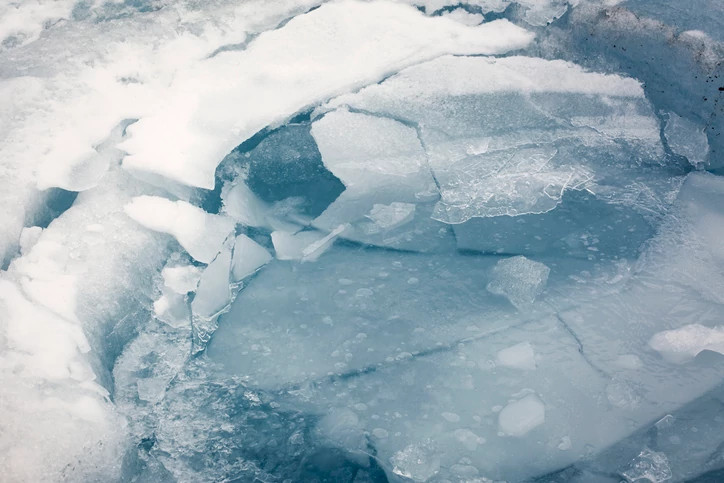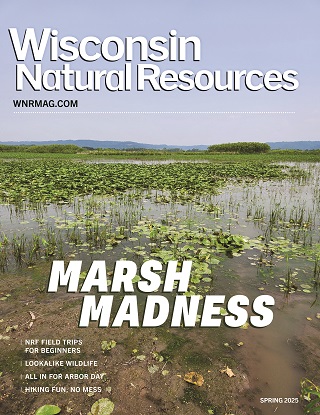Contact: DNR Office of Communications
DNRPress@wisconsin.gov
DNR Urges Snowmobilers To Operate Safely As Ice Thins Statewide
International Snowmobile Safety Week Is Jan. 14-22
 The DNR is reminding snowmobilers to operate safely as current warming trends thin ice across the state.
Photo credit: iStock/Conchi Martínez
The DNR is reminding snowmobilers to operate safely as current warming trends thin ice across the state.
Photo credit: iStock/Conchi Martínez
MADISON, Wis. – The Wisconsin Department of Natural Resources (DNR) is reminding snowmobilers to operate safely as current warming trends thin ice across the state and make certain areas extremely unsafe.
"With these unusually mild temps and International Snowmobile Safety Week coming up Jan. 14-22, we urge snowmobilers to be extra careful when driving on ice," said Lt. Jake Holsclaw, DNR Off-highway Vehicle Administrator. "Remember that no ice is ever completely safe, and that even areas that seem thick and covered with snow may be hiding patches of black ice that could break apart under the weight of the machine and riders."
Ice Safety Reminders
- Contact local sport shops to ask about ice conditions locally on the lake or river you want to cross.
- Wear proper clothing and equipment, including a life jacket or float coat should you fall through the ice and to help retain body heat.
- Do not travel in unfamiliar areas.
- Slow down when traveling at night.
- Know if the lake has inlets, outlets or narrows that have currents that can thin the ice.
- Watch for pressure ridges or ice buckling. These can be dangerous due to thin ice and open water.
There were 16 fatal snowmobile crashes in 2022.
Visit the DNR’s snowmobiling webpage for additional information on snowmobile safety classes, regulations, safety tips and how to register your snowmobile.
DNR Violation Hotline
Anyone with information regarding natural resource violations, including unsafe snowmobile operation, may confidentially report by calling or texting the Violation Hotline at 1-800-TIP-WDNR or 1-800-847-9367. The hotline is available 24 hours a day, seven days a week. Trained staff relay the information to conservation wardens. Reports can also be filed online.

